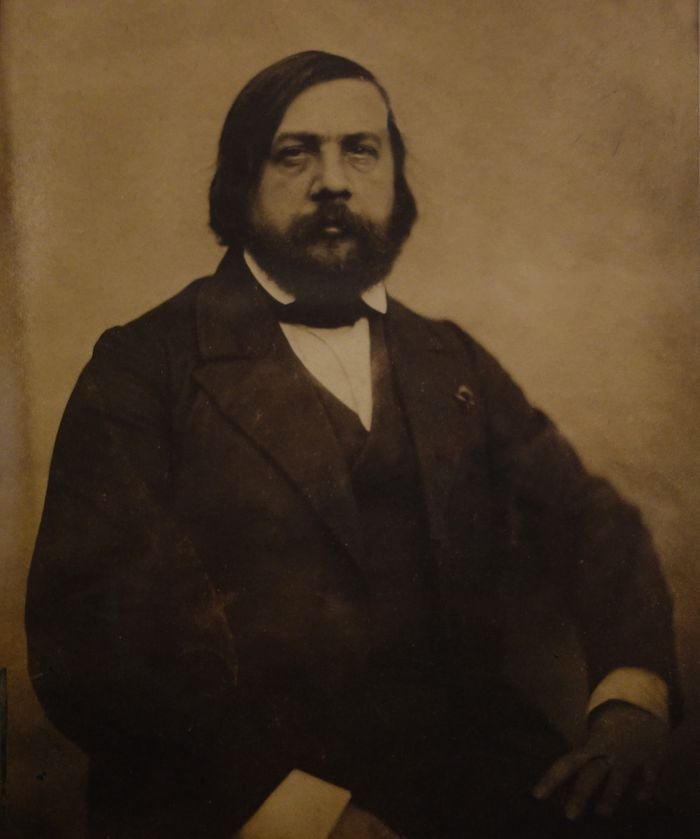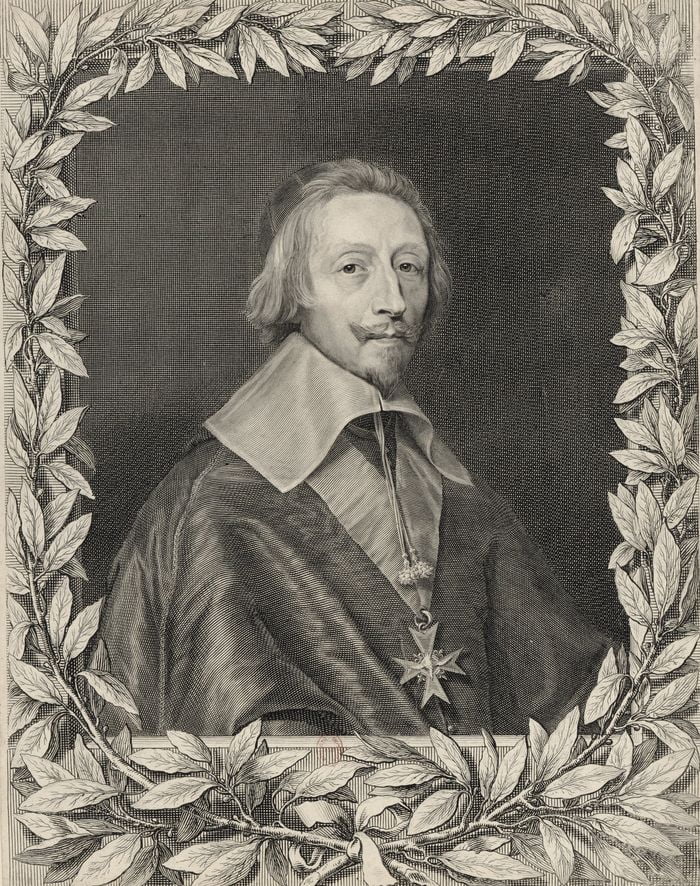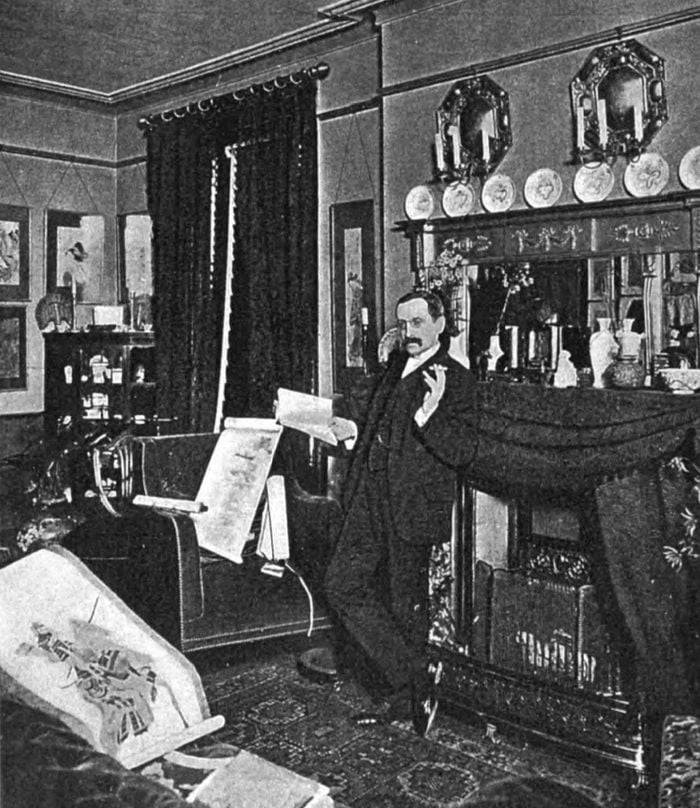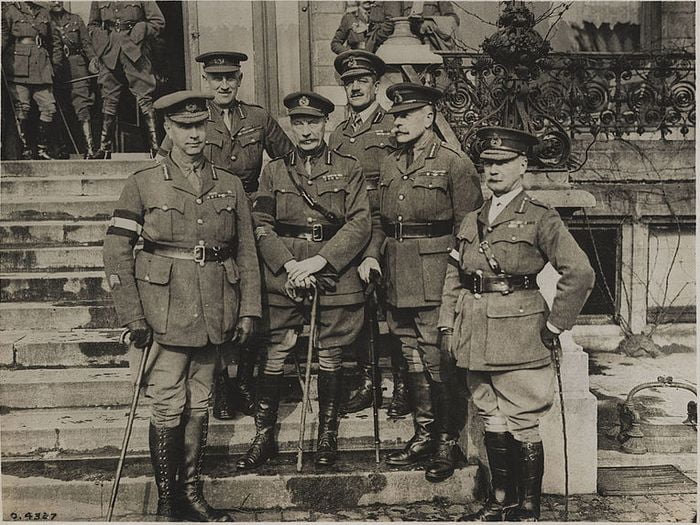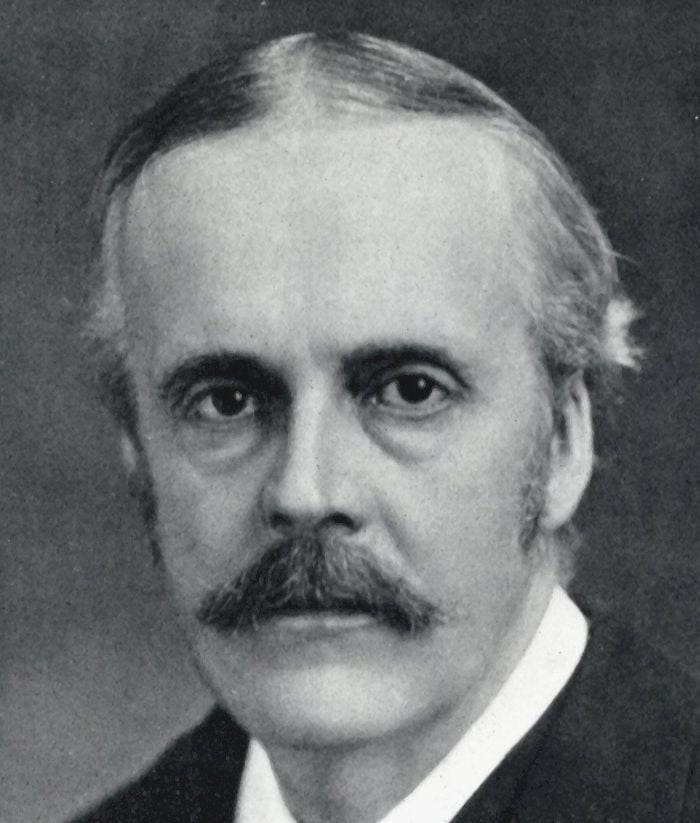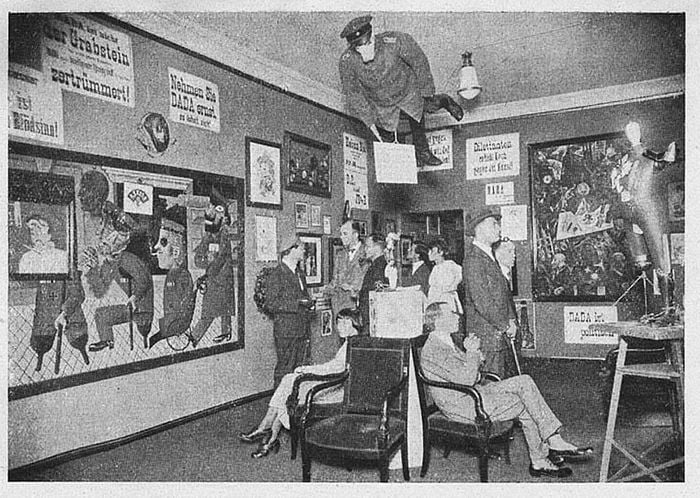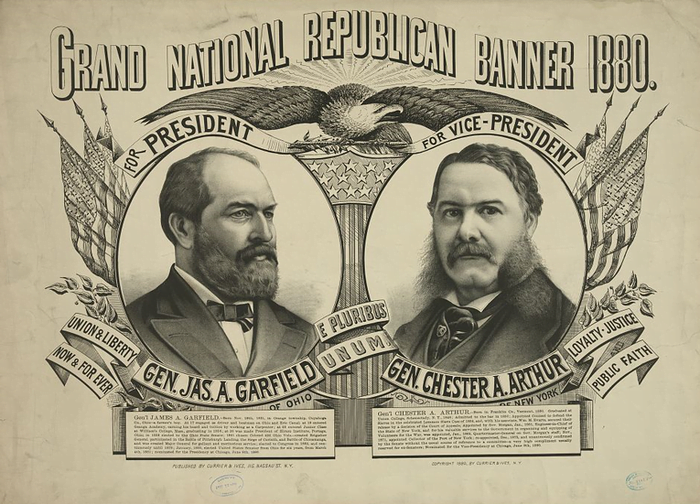The Mummy`s Foot part 1
Theophile Gautier (1811—1872)
Thophile Gautier was born at Tarbes in the south of France in 1811. He came to Paris as an infant. In 1830...
Roberto`s Tale part 3
All this thus sorting, the old woman`s daughter was trickly attired, ready to furnish this pageant, for her old mother provided all things necessary....
Roberto`s Tale part 2
She promised she would, and so they parted. Then goes he to the bridegroom and with protestations of entire affection, protests the great sorrow...
Roberto`s Tale part 1
Robert Greene (1560?—1592)
Greene was born at Norwich about 1560. He went both to Cambridge and Oxford, and then seems to have lived a wild...
That Brute Simmons part 6
“Well,” said Ford, suddenly, “time`s short, an` this ain`t business. I won`t be `ard on you, matey. I ought prop`ly to stand on my...
That Brute Simmons part 5
On the landing Ford clutched at his arm, and asked, in a hoarse whisper: “Ow long `fore she`s back?”“ `Bout a hour, I expect,”...
That Brute Simmons part 4
A man was loitering on the pavement, and prying curiously about the door. His face was tanned, his hands were deep in the pockets...
That Brute Simmons part 3
“Ho yus,” she retorted, “you`re very consid`rit I dessay sittin` there actin` a livin` lie before your own wife, Thomas Simmons, as though I...
That Brute Simmons part 2
Mrs. Simmons`s own virtues were native and numerous. She was a wonderful manager. Every penny of Tommy`s thirty-six or thirty-eight shillings a week was...
That Brute Simmons part 1
Arthur Morrison (1863-1945)
Arthur Morrison is one of the few writers of his period—for he belongs to the “School” of the Nineties—whose work is still...
